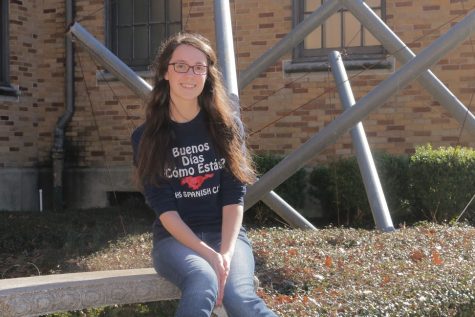An Endless War

Picasa
On March 9, 2017, President Donald Trump proposed a 2018 fiscal year budget that would eliminate funding for, among others, the National Endowment for the Humanities (NEH) and the National Endowment for the Arts (NEA). These federal programs offer grants to agencies, organizations, and institutions dedicated to scholarship and achievement in a variety of fields: ethics, history, religion, language, literature, philosophy, archaeology, art theory, history, and criticism, to name a few.
Proponents of the proposed budget point to the nation’s nearly $20 trillion debt and say, if we don’t cut these programs, what should we cut?
“When you start looking at the places that will reduce spending,” explained Mike Mulvanev, the director of the Office of Management and Budget, “one of the questions that we asked was, can we really continue to ask a coal miner in West Virginia or a single mom in Detroit to pay for these programs? The answer was no. We can ask them to pay for defense, and we will.”
Opponents, meanwhile, argue that eliminating the NEH and NEA’s combined annual funds approbation of about $300 million would make little difference against $20 trillion, but that the impact of doing so would be devastating.
Among the affected areas would be our own Mississippi Delta, through the Delta Center for Culture and Learning here on campus. Every June and July for the past eight years, the Delta Center has hosted “The Most Southern Place on Earth: Music, Culture, and History in the Mississippi Delta” workshop to bring seventy-two teachers to the Delta from across the world. The workshop has seen teachers from Brazil, Lesotho, Germany, and Bangladesh, among other places. Once here, the teachers immerse themselves in what Lee Aylward, the Delta Center’s Program Associate for Education and Community Outreach, calls the “Delta Story.”
“We study the Mississippi Delta,” Aylward says, “we go out to sites in the Mississippi Delta, money is spent in the Mississippi Delta… Those teachers go back and they teach the Mississippi Delta in their classrooms.”
Some of the teachers even return to the Delta with their families and teach at local schools, bringing their unique experiences and credentials with them, so the workshop serves not only as educator but also as recruiter. The problem? The workshop is funded entirely through the NEH.
“And if fundings were cut out,” Aylward warns, “none of that [the visiting, spending, and educating] would be happening.”
That, opponents would argue, is too much to risk, particularly in an already underprivileged and underfunded area like the Delta, to which proponents would again ask, “What do you suggest we do instead?”

Rachel is a freshman majoring in English Education with the hopes of being a high school English teacher. She is from Sarah, Miss. and is involved in...


